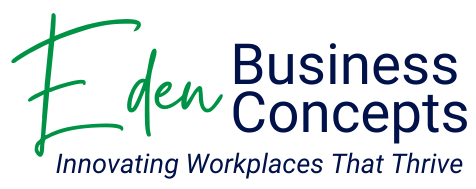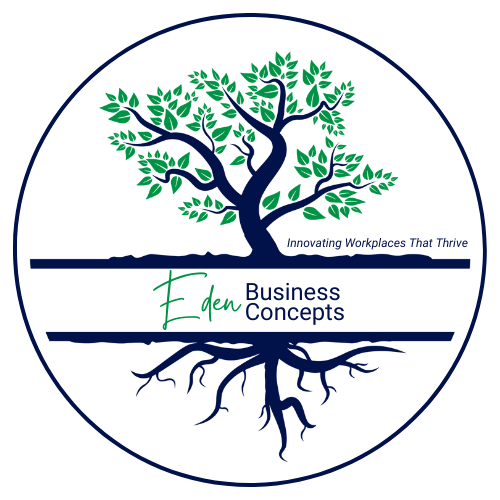

We live in a world of conflict. At this moment, that is obvious on a global scale. Nations are now in open conflict, coming on the heels of two years of pandemic-induced disharmony with its mandated social distancing, masking, and vaccinating – and its losses.
The conflicts we are watching, global, national, societal, are the product of the disunity and destruction of relationships at a much smaller scale. Our recovery from these conflicts, along with the restoration of our relationships, will result from choices we make as individuals to reunite.
Nearly every conversation has the potential to become a tense encounter or a clash of opinions and emotions. Our kitchens and bedrooms, classrooms and offices, churches and organizations, stores and restaurants, planes, trains, and automobiles become potential battlefields of painful, damaging interactions. Conflict seems inevitable; escape feels impossible, for even in isolation, we are still in conflict with ourselves and with our Creator.
Yet, hope did not die. Longing for Eden is not futile. The inevitable conflict that bursts out of colliding hearts can be directed away from violence, destruction, and death. That energy can be channeled toward the reconciliation, restoration, and intimacy we long for into relationships we were created to enjoy.
I am now writing a second book in the Longing for Eden series, a set of four books that provides a way to understand how our hearts work, so our lives can flourish rather than flounder in our relationships and our leadership. The first book focused on a paradigm for understanding our fundamental motivations and how we respond to pain and emotional challenges. That paradigm will come to play in this discussion on conflict as one of the steps for moving successfully through the process by dropping our entitlements to respect, value, or approval.
Our desire here is to discover a path through conflict that restores and sustains healthy relationships. We can learn how to move through conflict in a way that draws us toward each other. We can understand and take advantage of the conflict to move forward rather than stagnate, to move from a sense of futility to living together in joy.
As we begin exploring the roots of conflict and see how to transform them into an environment for restoration, we need to be aware of four core longings that shape our perspective. These questions raise the deepest issues of what really matters to us, and they form the path of our lives as we search for answers.

At the center of our being, we yearn for a clear sense of identity, purpose, direction, and intimacy.
- Who am I?
- Why am I here?
- Where am I going?
- Who actually loves me?
We also need to trust someone to help us discover a healthy response to those longings. (Our fourth book, on mentoring, will explore that relationship.)
The chaos and conflict around us are rooted in our mutual attempts to work out our purpose and direction, often from a false or skewed sense of identity and without intimate connections recognizing our value. With our inaccurate perceptions of who we are, why we are here, and how to find love, our hearts crash together like atoms in a collider, spewing particles of violence, shame, and pain in all directions.
When two or more hearts on this journey engage, they need to learn a path to restoration:
- lower emotional noise
- remove violence
- silence shame
- drop entitlements
- pursue reconciliation
In our podcast and webinar this month, we explore each of those skills, demonstrating how they transform the chaos of conflict and provide personal examples that support the process.
Walking into a conflict challenges much of what we believe about ourselves and each other. The process is frustrating, often frightening, and if we are caught off guard without adequate tools, it can cause long-term damage to everyone involved. Training and practicing for an Olympic fencing competition is one thing, so you know what to expect and how to wield your epee to defend your position. It is quite another thing to be attacked in the dark by someone with a knife, especially without self-defense training.
Maybe more real for you are the simmering tensions that flare into verbal outbursts with your roommate, your husband, your teenage daughter, a colleague, or your team leader at work. The essential purpose here is to provide a straightforward method to walk through these conflicts redemptively. This path establishes and maintains the value of each person, understands the root issues, and comes out of the situation with relationships that can continue to progress and deepen. These ideas can be applied in a few seconds to a surprise confrontation or with patience to a long-standing family feud.
We will spend much of this year focusing on various aspects of our response to conflict. Let us know if we can speak into that need in your life or business.
If you haven’t had a chance to listen to our recent podcast on this topic, you can check it out here:
To Your Health!

Resources for this topic:
Helpful Books:
- Curt Thompson: The Soul of Shame
- Marshall Rosenberg: Non-violent Communication
- John D. Erickson: Three Paths Out of Paradise
Q&A for this topic:
- What is your typical response to conflict: fight, flight, or freeze?
- What tools have you learned to reduce the damage of conflict?
- Who do you go to for support with your relationships?
- How will you make future conflicts more productive?



